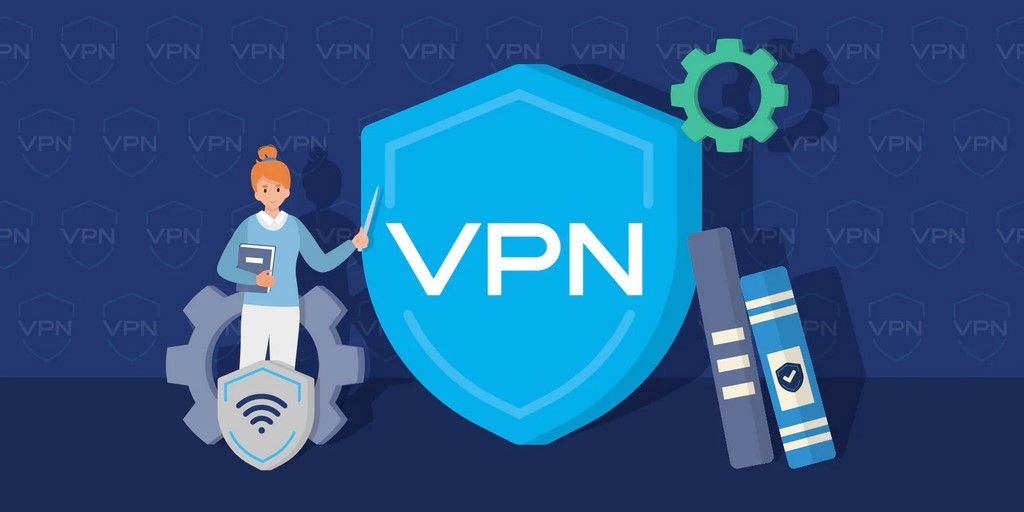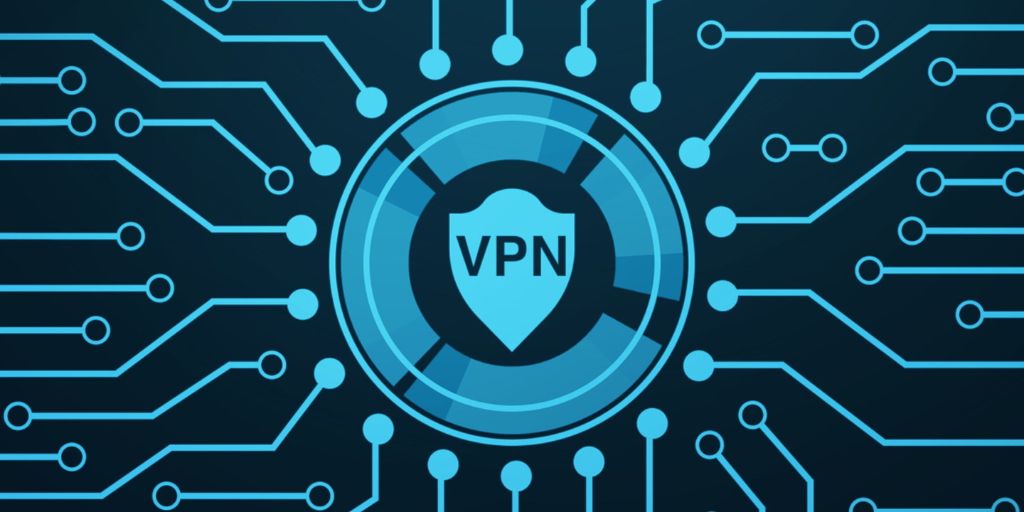In today’s digital world, privacy and security are more important than ever. Whether you’re browsing at a local café, working remotely, or just concerned about how your data is used online, a Virtual Private Network (VPN) is one of the best tools you can have. But with hundreds of VPN services out there, how do you know which one is right for you?
Choosing the right VPN isn’t just about picking the first one you see in a Google search. It’s about finding one that matches your specific needs — whether that’s streaming Netflix while traveling abroad, protecting sensitive work data, or simply staying anonymous online. Here’s a full breakdown to help you make the smartest choice possible.
Understand Why You Need a VPN
The first step in choosing a VPN is understanding exactly what you need it for. Different VPNs excel in different areas, and no single service is the “best” for everyone.
-
Privacy: If you’re worried about governments, ISPs, or advertisers tracking you, you’ll want a VPN with a strict no-logs policy and strong encryption.
-
Streaming and Bypassing Geo-Restrictions: Want to watch U.S. Netflix while traveling or access YouTube videos blocked in your country? You’ll need a VPN known for high-speed servers and excellent unblocking capabilities.
-
Torrenting and P2P Sharing: Some VPNs allow torrenting; others don’t. Look for VPNs with dedicated P2P servers and a kill switch feature to stay safe while sharing files.
-
Work and Remote Access: For accessing company resources securely, you may need a business-oriented VPN offering dedicated IP addresses and enhanced security protocols.
-
Travel and Public Wi-Fi Safety: If you’re constantly on public Wi-Fi, you need a VPN that automatically connects and offers solid mobile apps for quick, secure browsing.
Identifying your main use case will immediately narrow your options.
Key Features to Look For
Not all VPNs are created equal. Some prioritize speed; others focus more on security. Here are the features that matter most when evaluating your options:
1. Strong Encryption and Security Protocols
At a minimum, look for AES-256 encryption, which is currently the gold standard. Also, check for secure protocols like OpenVPN, WireGuard, or IKEv2. These help protect your data from hackers and prying eyes.
2. No-Logs Policy
A no-logs policy means the VPN doesn’t store your online activity data. The best VPNs have undergone independent audits to prove this claim. Privacy-focused users should never compromise here.
3. Speed and Performance
VPNs naturally slow down your internet connection slightly because your traffic is being rerouted. However, top-tier VPNs minimize the speed drop. If you’re planning to stream, game, or video conference, prioritize VPNs known for fast, stable connections.
4. Server Network
A wide server network means more options to find a fast, nearby server and better chances of bypassing geographic restrictions. Look for VPNs with servers in multiple countries (especially ones you plan to connect through).
5. Device Compatibility
Make sure the VPN supports all the devices you use — Windows, Mac, Android, iOS, routers, smart TVs, and even gaming consoles. Some services allow simultaneous connections on multiple devices, which is perfect for families.
6. Kill Switch and Leak Protection
A kill switch automatically disconnects your internet if the VPN connection drops, preventing your real IP address from leaking. DNS and IPv6 leak protection are also critical to maintain true anonymity.

7. Customer Support
Responsive customer support can be a lifesaver if you run into connection issues. Check if the VPN offers 24/7 live chat support, detailed FAQs, and helpful troubleshooting guides.
Free vs Paid VPNs: Is It Worth Paying?
There are plenty of free VPNs available, but they often come with significant trade-offs: limited bandwidth, slow speeds, restricted server access, and questionable privacy practices. Some free VPNs even sell your data to third parties, defeating the purpose of using a VPN in the first place.
A paid VPN service typically offers:
-
Better security
-
Faster speeds
-
More server locations
-
Reliable customer support
-
Premium features like split tunneling and dedicated IPs
If you truly value your privacy and online experience, investing in a reputable paid VPN is well worth it.
How to Compare VPN Services
Once you have your shortlist, compare these aspects:
-
Price: Monthly vs. annual subscriptions — many offer steep discounts for long-term commitments.
-
Free Trials and Money-Back Guarantees: These let you test the service risk-free.
-
Reputation and Reviews: Look at independent reviews and user feedback on sites like Trustpilot or Reddit.
-
Specialty Features: Some VPNs offer extras like ad blockers, malware protection, or multi-hop connections for added security.
A side-by-side comparison chart can help you easily weigh the pros and cons of each service.
Top VPN Recommendations (As of 2025)
While this guide focuses on how to choose, here are a few highly rated VPNs that consistently perform well across categories:
-
ExpressVPN: Known for blazing speeds, excellent security, and global server coverage. Great for streaming.
-
NordVPN: Offers strong encryption, a strict no-logs policy, and lots of extra security features like Double VPN.
-
Surfshark: Budget-friendly but powerful, allowing unlimited device connections with solid performance.
-
ProtonVPN: Excellent for privacy enthusiasts, based in Switzerland with a strong focus on anonymity.
-
CyberGhost: User-friendly with specialized servers for streaming and torrenting.
Remember, the “best” VPN depends on your unique needs!
Final Thoughts
Choosing the right VPN isn’t a one-size-fits-all decision. It depends on your priorities: security, speed, privacy, streaming, or a combination of all these. Take time to assess why you need a VPN, carefully review the features, and don’t be lured by flashy ads or rock-bottom prices alone.
A good VPN will not only keep your data safe but will also enhance your internet experience by unlocking new content, protecting your online identity, and giving you peace of mind — wherever you go.
Invest a little effort upfront, and you’ll find a VPN that serves you reliably for years to come.



